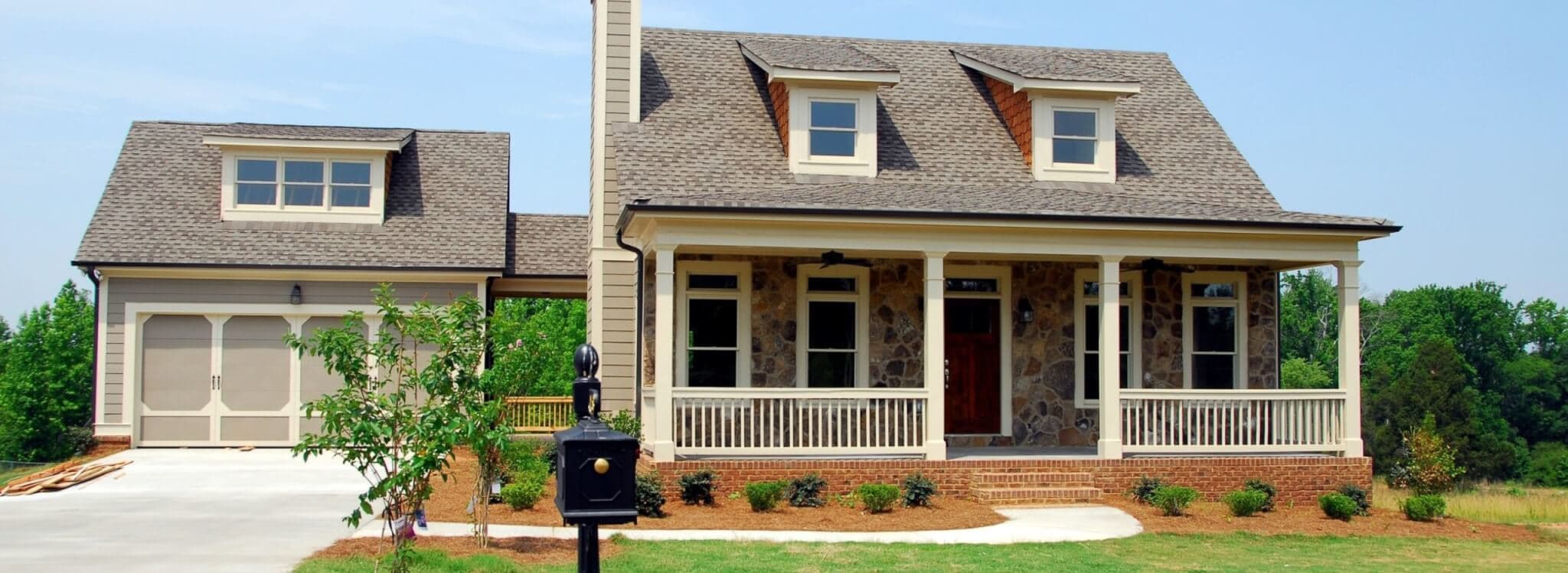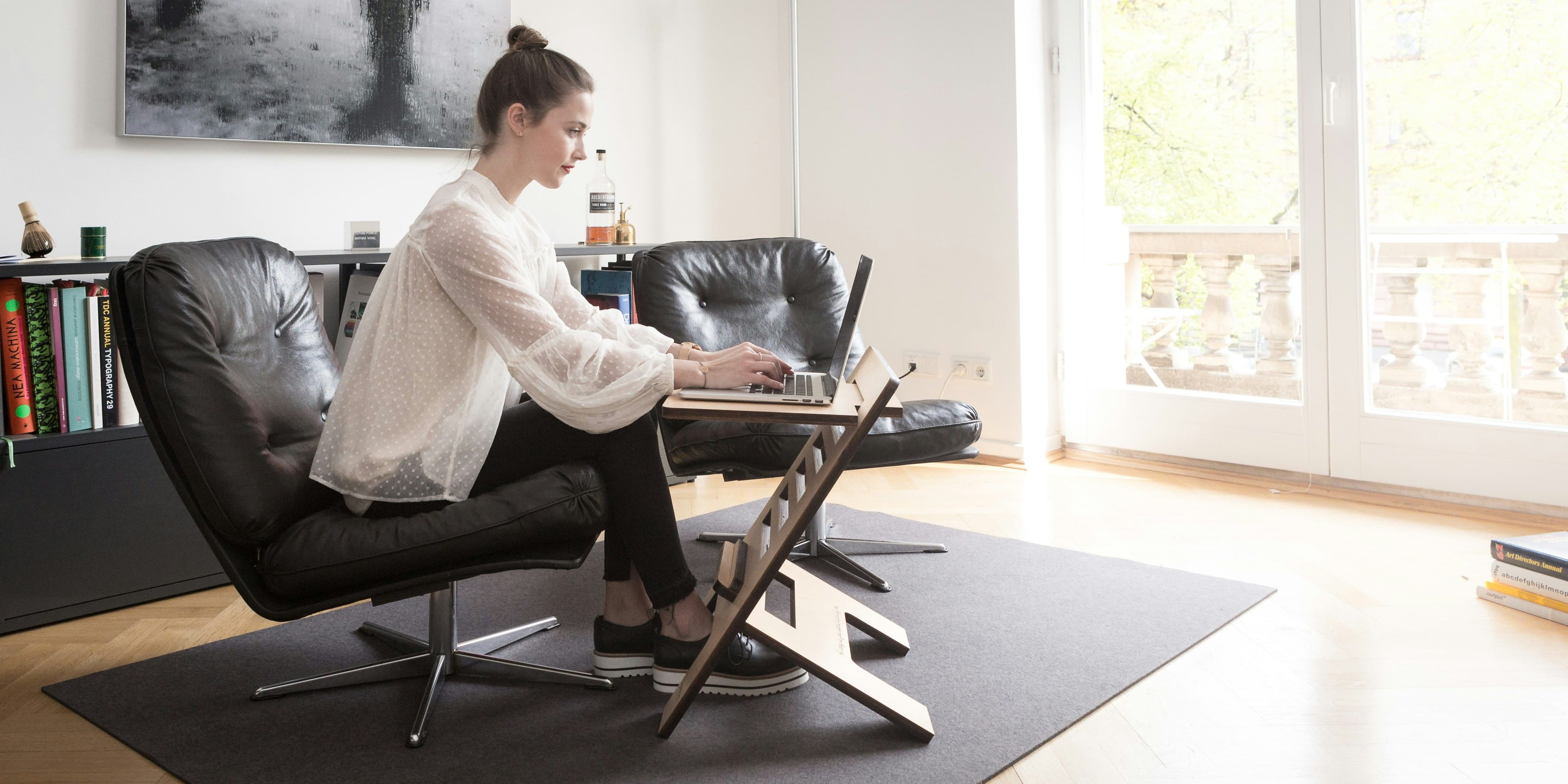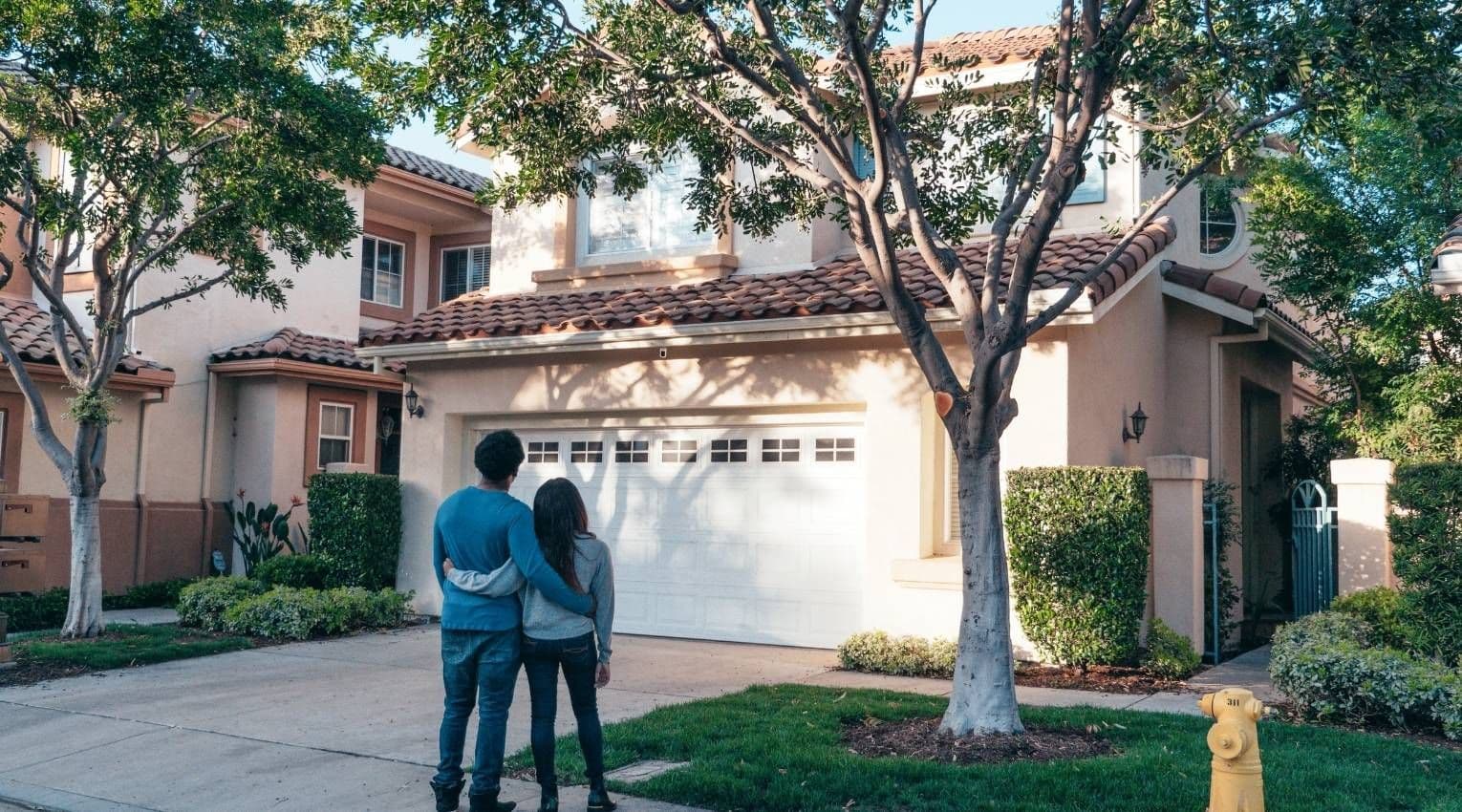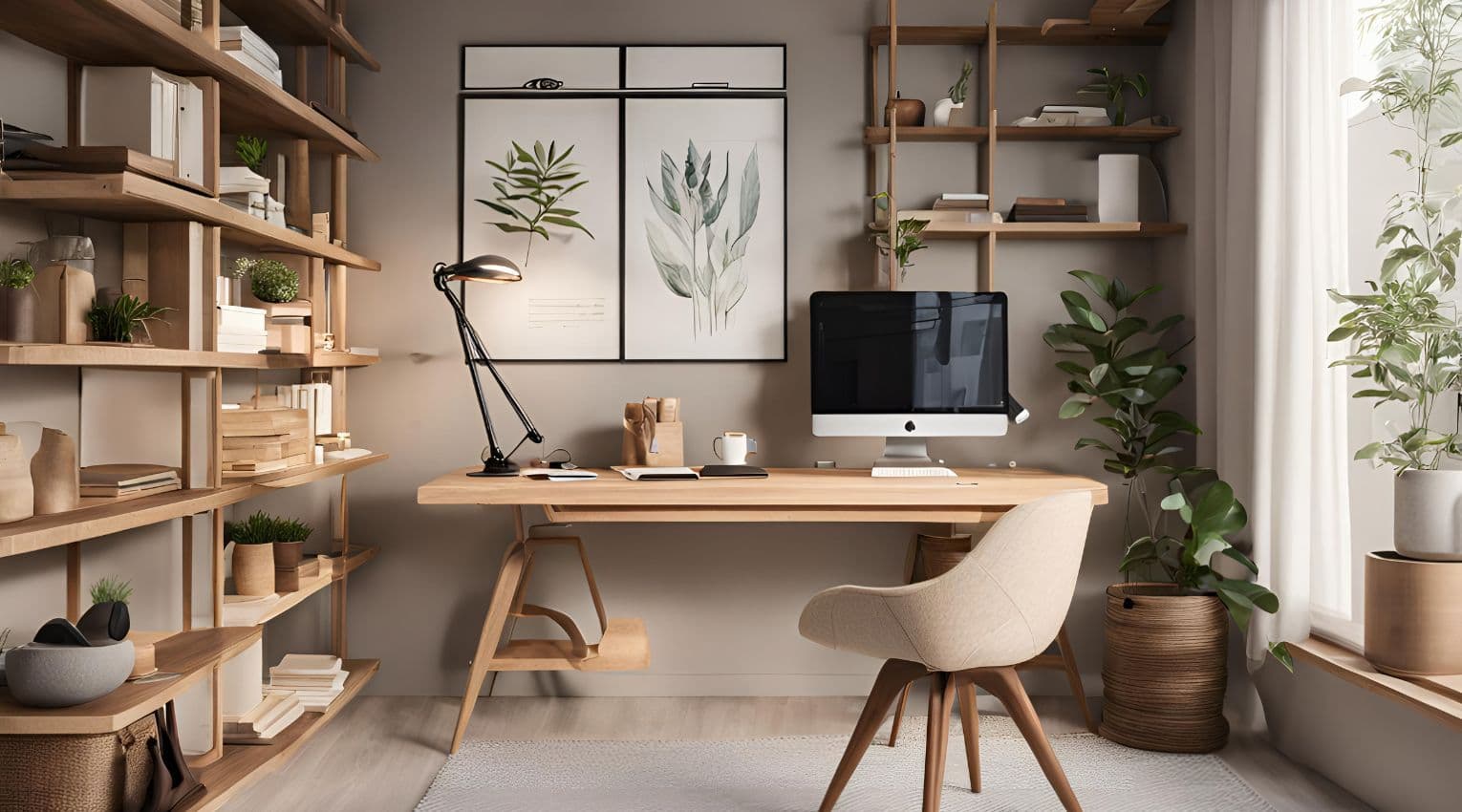5 Quick and Easy Home Upgrades to Increase Your Resale Value

If you’re planning to put your house on the market in the near future, you may be considering home improvement projects that can increase your resale value. To make sure your time and money are well-spent, start thinking like a prospective buyer.
“Less is more when it comes to upgrades,” says Dan DiClerico, a home expert and smart home strategist with Home Advisor. “The key is to focus on the areas of the home that the prospective buyers are going to look to first: the kitchen, the bathroom, the exterior and facade. Be judicious in your choice of products and materials. As a general rule, go for more neutral styles and look for the quick fixes that will create maximum order and minimal upkeep. Low maintenance is key, especially with today’s homebuyer.”
For maximum return on investment, here are five quick and easy home upgrades that will appeal to homebuyers and increase your home’s resale value.
1. Paint
New paint gives your home a fresh look—as long as the color choice is neutral. According to CBS Money Watch, a taupe living room can boost your home sale price by $1,800 while a blue bathroom can up your asking price by more than $5,000. (Note the opposite factor applies, too: According to Zillow’s 2017 Paint Color Analysis, certain saturated colors, like red or terra cotta, can decrease your home’s value.)
If you’re a skilled DIYer and plan to paint yourself, DiClerico recommends budgeting around $100 to get your paint, brushes, drop cloths, tape, and other painting supplies. If you go with a professional, plan on spending around $1,700 for the whole interior or a few hundred dollars for just a room or two.
A pro painting tip for DIYers: “If it’s a bigger project with multiple rooms and you’ll need multiple gallons of paint, you can save money by buying your paint in five-gallon buckets,” DiClerico says. “It tends to slash the overall material cost by about 25 percent.”
2. Smart Home Technology
A recent National Association of Realtors® (NAR) survey showed that more than 40 percent of real estate agents have homebuyer clients interested in smart home technology. So, if you’ve been considering adding a few smart home devices to your property, now’s the time to do it—they’ll appeal to your potential homebuyers while also adding convenience, efficiency, and security benefits to you and your family while you’re still living in the home.
Although many homeowners may think smart home technology will be an expensive upgrade, that’s an outdated assumption. DiClerico notes that a smart home suite bundling several products—including a smart lock, doorbell camera, and thermostat—can cost around $1,500, including a professional installation. If that price point seems too steep, consider it an investment. “NAR data puts the average increase in sale price at 5 percent for a home that has a smart technology upgrade,” says DiClerico. “So, if it’s a $200,000 home, that’s $10,000—many more times than covering the cost of the install.”
3. Curb Appeal
Your home’s exterior makes an all-important first impression. If you were to pull up to your home today and see it for the first time, how appealing would it be?
To start your exterior updates, the experts at Closetbox recommend freshening your flower beds with high-quality mulch, cleaning up and addressing any problem areas in and around your walkways, and upgrading your landscape lighting, among other fixes.
When it comes to your home’s exterior, “pay attention to the basic maintenance: mowing the lawn, trimming overgrown shrubs,” says DiClerico. “I liken it to a shave and a haircut before a job interview. If we’re looking to keep costs down, a fresh pop of color on the front door can instantly improve your home’s facade. And any home will benefit from a good power-washing to blast off the dirt, grime, and mildew that collects over the years. Most people won’t buy a power washer, but it costs around $280 to hire a pro. That’s money well-spent.”
4. Closets and Storage
Would you cringe if someone were to look in your closets and cabinets? If so, it’s time to get organized. (After all, those future buyers are going to look!) But you don’t have to go overboard: The master suite and the kitchen are the rooms where storage matters most, according to HGTV, and any upgrades should be proportional and fit with the style of the house.
“Nothing turns away a buyer faster than piles of junk in the corner or closets that are overflowing,” says DiClerico. “Make that part of your inventory check: closet organizers, pullout drawers in kitchen cabinets, things that bring order to the home are going to be so important when you go to sell.”
Closet organizers start as low as $45 and can range up to several hundred dollars for custom installations.
5. Little Fixes
What are the small home improvement repairs you’ve been putting off? If you want to sell your home soon, it’s time to address them.
“The burn mark on the countertop, the leaky faucet in the bathroom, grubby and grimy grout in the bathroom are major turnoffs for homebuyers,” says DiClerico. “It’s these little things that if you don’t do them, it’s going to signal to that buyer, ‘what else is wrong with this home? The homeowner clearly hasn’t been staying on top of the maintenance, and I’m going to move on.’”
Spending a few hundred dollars on small fixes will make the space feel clean, fresh, and more inviting while also signaling that the home has been well-maintained.
With home improvement projects geared toward resale, always consider value and return on investment—the goal is to choose projects that will stay within your home budget and appeal to the home’s next owner (and hit the target of what they’ll be willing to pay for). Remember to keep the perspective of a home buyer in mind throughout the process, and you’ll set yourself up for success.
You should know
We do our best to make sure that the information in this post is as accurate as possible as of the date it is published, but things change quickly sometimes. Hometap does not endorse or monitor any linked websites. Individual situations differ, so consult your own finance, tax or legal professional to determine what makes sense for you.
More in “Financial goals”

Can You Afford Your Mortgage on a Single Income? A Guide for Life's Transitions

The Complete Costs of Buying and Selling a Home


